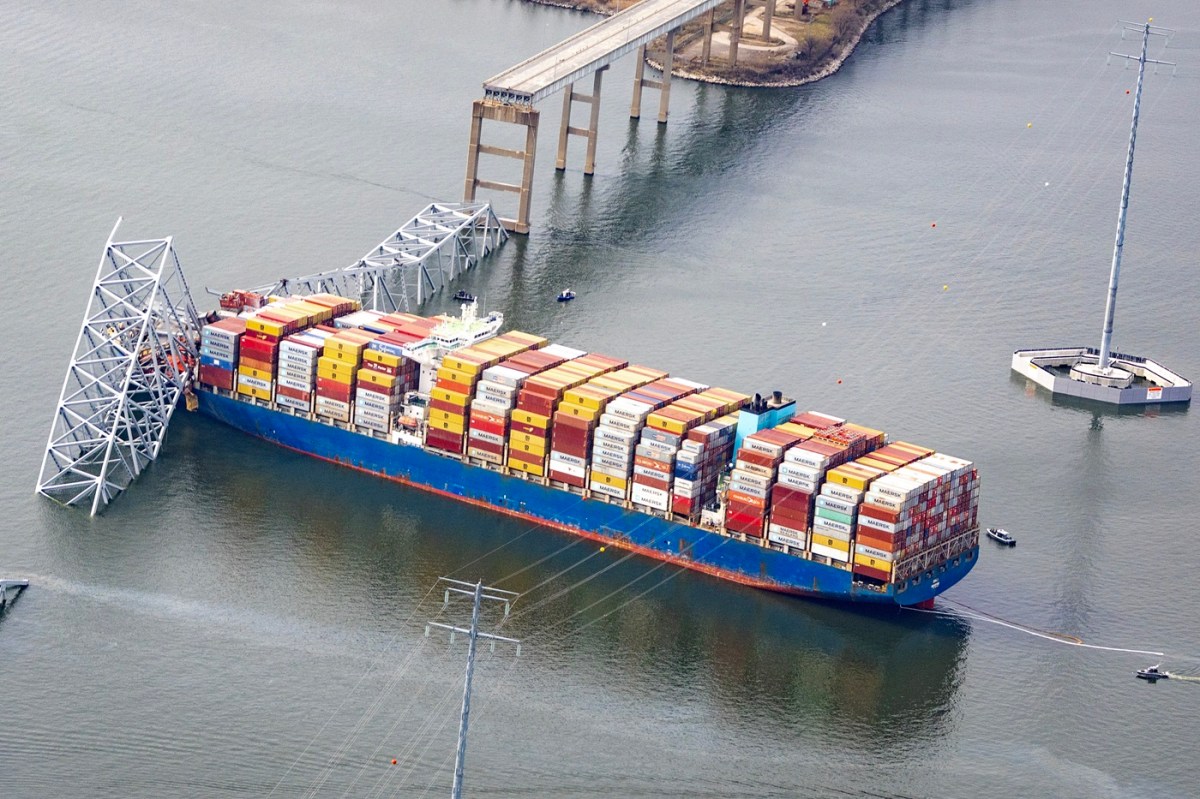And, as the Key Bridge Collapse continues to disrupt automotive supply chains, companies are scrambling to find alternative routes to keep their operations running smoothly.
The bridge collapse, which occurred due to structural issues, has caused a major bottleneck for transportation in the region. With the Key Bridge being a crucial link between Maryland and Virginia, many automotive suppliers rely on this route for transporting parts and finished products. Without the bridge, companies are now facing delays in both receiving supplies and delivering their products to customers.
The ripple effects of the Key Bridge Collapse are being felt across the entire automotive industry. Manufacturers are experiencing production delays, as they struggle to find alternative ways to transport their goods. This has led to a domino effect, impacting not only the companies directly located in the vicinity of the bridge but also those further down the supply chain.
Additionally, the Key Bridge Collapse has also highlighted the fragility of the current transportation infrastructure in the United States. This incident serves as a stark reminder of the need for investment and maintenance of critical infrastructure to ensure the smooth operation of supply chains.
In response to the crisis, companies are exploring various options to mitigate the impact of the bridge collapse. Some are rerouting their shipments through alternative routes, while others are looking into using different modes of transportation such as air freight or rail. However, these solutions come with their own set of challenges, including increased costs and longer delivery times.
Furthermore, the Key Bridge Collapse has amplified the importance of contingency planning in the automotive industry. Companies that have robust risk management strategies in place are better equipped to handle unforeseen disruptions like this. As a result, many companies are now revisiting their supply chain resilience and investing in technologies that can help them better manage and respond to crises.
Overall, the Key Bridge Collapse serves as a wake-up call for the automotive industry to reevaluate its reliance on key transportation routes and to invest in more resilient supply chain strategies. By learning from this incident and taking proactive measures, companies can better prepare themselves for future disruptions and ensure the continuity of their operations.
